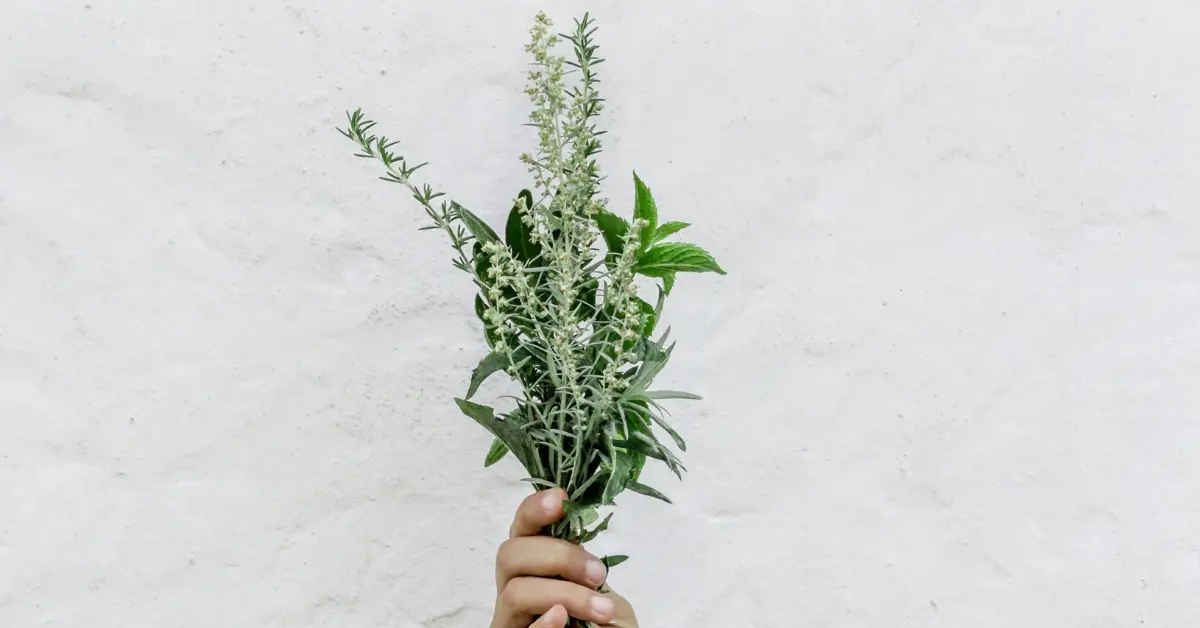Skincare is a topic that has garnered immense attention over the years, with countless products and advice circulating on the internet. However, not all skincare tips and tricks are created equal. In fact, many popular beliefs about skincare turn out to be nothing more than myths. To help you navigate the world of skincare more effectively, we’ve consulted dermatologists to debunk 10 common skincare myths. Let’s separate fact from fiction and get on the path to healthier, radiant skin.
Table of Contents
- Myth #1: You Don’t Need Sunscreen on Cloudy Days
- Myth #2: Popping Pimples Makes Them Heal Faster
- Myth #3: Natural Ingredients Are Always Safe
- Myth #4: Tanning Beds Are Safer Than Sun Exposure
- Myth #5: Oily Skin Doesn’t Need Moisturizer
- Myth #6: Expensive Products Are Always Better
- Myth #7: Exfoliating Daily Is Beneficial
- Myth #8: Acne Is Just a Teenage Problem
- Myth #9: Skincare Products Can Shrink Pores
- Myth #10: All-Natural Means Hypoallergenic
Myth #1: You Don’t Need Sunscreen on Cloudy Days
One of the most persistent myths is that sunscreen is only necessary when the sun is shining brightly. Dermatologists unanimously advise against this misconception. UV rays penetrate clouds, so your skin can still be damaged even on overcast days. Apply a broad-spectrum sunscreen with an SPF of at least 30 every day, regardless of the weather.
Related Article: The Importance of Sunscreen: Why You Should Wear It Every Day
Myth #2: Popping Pimples Makes Them Heal Faster
Contrary to popular belief, squeezing or popping pimples can actually worsen the situation. It can introduce more bacteria into the area, leading to infection, scarring, and a longer healing time. Instead, apply a spot treatment with salicylic acid or benzoyl peroxide and let nature take its course.
Related Article: Why You Shouldn’t Pop Your Pimples and How to Treat Them Properly
Myth #3: Natural Ingredients Are Always Safe
While natural ingredients can have skincare benefits, not all of them are suitable for every skin type. Poison ivy is natural, but you wouldn’t rub it on your face, right? Always patch-test new products and be cautious with essential oils, as they can cause irritation and allergies.
Related Article: The Dangers of Essential Oils in Skincare
Myth #4: Tanning Beds Are Safer Than Sun Exposure
Tanning beds are not a safer alternative to natural sunlight. They emit harmful UV radiation, which can increase your risk of skin cancer, premature aging, and skin damage. Opt for self-tanners or spray tans for a safer sun-kissed look.
Related Article: Tanning Beds vs. Sun Exposure: The Truth About Indoor Tanning
Myth #5: Oily Skin Doesn’t Need Moisturizer
People with oily skin often skip moisturizer fearing it will make their skin greasier. However, moisturizers are essential for all skin types. Choose an oil-free, non-comedogenic moisturizer to maintain proper hydration without clogging pores.
Related Article: The Importance of Moisturizing Oily Skin
Myth #6: Expensive Products Are Always Better
Price doesn’t always equate to effectiveness when it comes to skincare. Many affordable brands offer high-quality products with the same active ingredients as their pricier counterparts. Focus on the ingredients and your skin’s specific needs rather than the price tag.
Related Article: Are Expensive Skincare Products Worth the Price?
Myth #7: Exfoliating Daily Is Beneficial
Exfoliation is indeed crucial for healthy skin, but overdoing it can lead to irritation and damage. Dermatologists recommend gentle exfoliation 2-3 times a week for most skin types. Be cautious with physical scrubs, as they can be too abrasive.
Related Article: The Do’s and Don’ts of Exfoliation
Myth #8: Acne Is Just a Teenage Problem
Acne can affect people of all ages. Hormonal changes, stress, and genetics play a role in acne development. Consult a dermatologist for effective treatment options regardless of your age.
Related Article: Adult Acne: Why It Happens and How to Treat It
Myth #9: Skincare Products Can Shrink Pores
While skincare products can temporarily minimize the appearance of pores, they can’t actually change their size. Genetics largely determine pore size. Focus on keeping them clean and free from debris to reduce their visibility.
Related Article: How to Minimize the Appearance of Pores
Myth #10: All-Natural Means Hypoallergenic
Just because a product is labeled “all-natural” doesn’t mean it’s hypoallergenic or suitable for sensitive skin. Many natural ingredients can cause allergies or irritation. Always read ingredient lists and consider patch testing.
Related Article: Understanding Hypoallergenic Skincare
In conclusion, skincare myths abound, but it’s essential to base your routine on science and expert advice. Consult with a dermatologist to create a personalized skincare regimen that addresses your unique needs. Remember that what works for one person may not work for another, so be patient and attentive to your skin’s signals. By debunking these common myths, you’re one step closer to achieving your skin goals and maintaining a healthy complexion.




